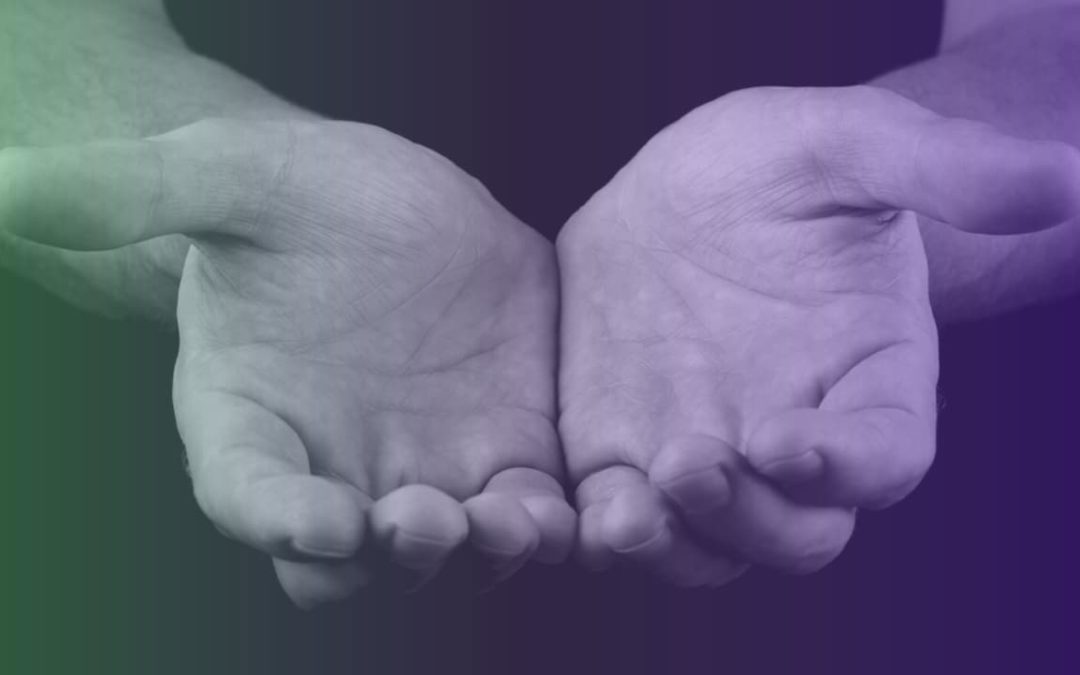Living generously requires a lot of us, in terms of self-reflection and honesty. I am not naturally a generous person, my natural tendency being to hoard and to put my own interests first, but of course I don’t care to examine this sin too closely; it pains me to get too close to it, like fire. But if we the people of God are to benefit from this biblical instruction and exhortation, we must embrace that discomfort and do the hard work of examining our hearts as well as our budgets.
We already know that we are tempted to serve money (Matthew 6:24) and to love money (1 Timothy 6:10). These are not earth-shattering revelations. Just the other day, fighting my way through traffic, I decided that if I suddenly were to come into a large sum of money, I would hire a full-time driver and never get stressed out behind a steering wheel again. The idea tantalizes. But more money, enough to hire my imaginary chauffeur, would not alleviate the underlying anxiety issue or the selfishness. As Tim Keller says in the book Galatians For You, “…the sin underneath all sins–the motive for our disobedience–is always a lack of trust in God’s grace and goodness, and a desire to protect and guard our own lives through self-salvation.”
This can manifest in our lives in myriad ways, but money is an easy scapegoat. We need to take care of our families, we need to make money before we can bless others with it, we need a source of stability in an uncertain world, we need to be faithful stewards of God’s resources. But we can easily turn a good thing, a necessary thing, into an idol of comfort and security when we stop believing that God truly has our good in mind, that he truly loves us and wants what’s best for us. We think it’s our responsibility to make our futures secure.
In fact, Paul makes our responsibility very clear in Galatians 5:6, “The only thing that counts is faith expressing itself through love.” And again in 5:14, “For the entire law is fulfilled in keeping this one command: ‘Love your neighbor as yourself.’”
That’s it, brothers and sisters. All we are responsible for is loving other people well.
Paul says in Romans 13:8, “Let no debt remain outstanding, except the continuing debt to love one another, for whoever loves others has fulfilled the law.” Paul is saying here that our duty to love other people is inexhaustible and unending. What Christ has done for us has forever imprinted on our hearts a debt of love and gratitude that we delightfully pay forward to others, over and over and over. And note that the word he uses for “others” in this verse is not the same word he uses in the following verses which is translated as “neighbor.” No, the word Paul uses in verse 8 means everybody. We must love our enemies and our friends alike, because Christ died for them all.
Money is a cruel master, and our finances can make us feel strapped down. But loving other people as Christ loved us is the fulfillment of the law. Try and wrap your mind around that. God’s law is big! Jesus said in Matthew 5:17 that he himself came to fulfill the law. As followers of Christ, we are enabled by the Spirit to participate in that fulfillment of the law by loving God’s children the way we have been loved.
So as we continue to learn about living generously over the next few weeks, I hope we will be able to take comfort in this freedom. Generosity is like a muscle: it needs exercise. And exercise is often painful at first. But the more we learn about the grace that has been shown to us, the more we will want to press into that truth in order to live lives of gospel-centered generosity to everyone around us.
Written By: Jess Upshaw Glass

